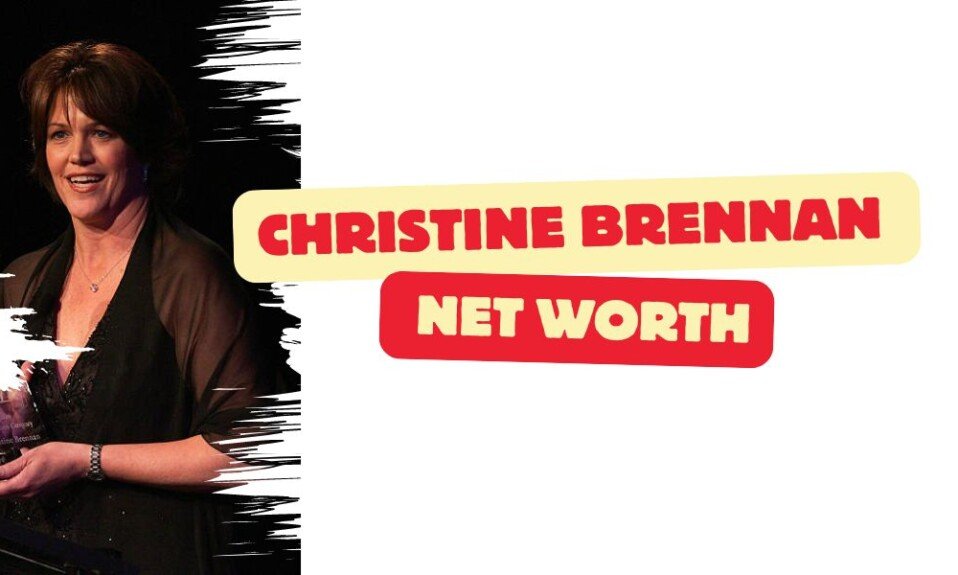
By all means, please avoid the following mistakes in times of crisis.
People tend to overreact to news, no matter if they’re good or bad. With the financial market crashing this year, mainly because of the COVID-19 pandemic, many people worry about their investments. But this is not the moment to make financial decisions because many unknown factors will influence economic recovery. Even for an experienced economist, it would be challenging to predict the right movements. The financial market will recover, but the path won’t be straightforward.
COVID-19 has affected everyone on different levels, and while most struggle to maintain their lifestyle, others try to benefit from these turbulent times. Only because the pandemic has sent the entire globe into a frenzy, you shouldn’t make hasty decisions with your money. A lot can go out of rails when you don’t thoroughly consider the consequences.
To make sure that the crisis doesn’t affect your financials, here is a list of mistakes you should try to avoid.
You don’t consult a financial adviser
If you plan to invest in a business or expand a venture, this is the time to hire a financial advisor to support your financial plans. An impulsive decision without the consultation of an expert can prove detrimental to your company’s financial health.
Financial advisers have access to extensive data regarding the economic world’s present situation, and they can guide towards the right decision. The small fee you pay to the financial adviser pays back in your venture’s financial benefits from advancing in the right direction.
You don’t re-evaluate your financial plan
Periods like a worldwide pandemic allow everyone to assess their risk tolerance both on personal and professional levels. See the crisis as an opportunity to rebalance the portfolio and figure out if your backup plan is functional. You first assessed the risk during sunny days, and chances are of being wrong because you couldn’t predict the crisis’s unique conditions.

You don’t think twice before taking fresh debt
Only because the planet is under lockdown, it doesn’t mean you shouldn’t get a personal loan or a consolidation loan to fund your needs. But it’s vital to double-check the lender before you apply for a loan. Use an online platform to compare loan providers and read reviews. Online lenders have many personal loan offerings created for people dealing with the adverse effects of the pandemic. Try to identify the ones willing to provide financial support and flexible conditions.
Financial advisors recommend to refrain yourself from getting new debt, especially when your employer is dealing with slowdown. A pandemic situation often brings job losses, salary cuts and less income, so it’s best to lower the expenses and debt.
Don’t forget that a default in your loan repayment can impact your credit score and influence your borrowing ability. It’s best to repay the liabilities with high-interest loans during challenging financial times and reduce the financial burden. It brings you peace of mind and a safety net if you lose your job, or your employer fails to pay the salary at its fullest.
You stop your investments
After witnessing a drop in equities, you may get cold feet in investing money in new business. It would be a lousy movement to stop your investment efforts now and save money later when the market would recover. Investing can still be profitable if you make it according to an existing financial plan. Ask your financial adviser to evaluate the investment opportunities and recommend the businesses that worth your attention.
The financial market is highly volatile now, so instead of timing it, continue your investment plan based on the information the industry provides. Re-evaluate the plan and determine if it’s still profitable, or you must adapt it to the new conditions.
History shows that the best returns come from investing in bear markets. But during moments of crisis, investors tend to pull their money from their asset classes and shift them to other sectors. This type of behaviour can trigger financial loss once the dust settles. Before making a bold financial movement, adhere to your long-term asset allocation.

You defer payments to free-spending money
There will be moments when you’ll feel tempted to defer your loan or mortgage payments so you can invest in a venture or just to save money for an emergency. During this time, chances are investment opportunities to come along the way, and you want to withdraw money from your line of credit, when the prime rate is low, to take advantage of the chance. But deferring the payments and investing in unsecured business ideas is similar to leverage.
When you invest, remember there is not such a thing as a sure business, especially during a worldwide crisis. You can lose all your savings instantly and lose your house because you fail to pay the mortgage. This movement can leave you unable to pay your debt for months or even a year. It’s a risky gamble no one should take when they don’t have the cash to spare.
Even if you come across a guaranteed investment certificate or term deposit, the strategy is still risky because their rates need time to grow. Deferring mortgage and loan payments isn’t a good idea when you have no other financial mean to deal with the financial crisis.
You cash out the savings before you search for financial help
It’s easy to spend money, but sometimes it seems impossible to save. It has been reported that during this time, an alarming number of individuals are cashing their long-term savings and retirement deposits before they look for other ways to deal with their financial issues. As the crisis’s economic fallout continues, it seems like people are relying on stimulus money and cash from long-term savings to face the situation. It’s no reason to be reluctant to ask for financial support. No one can predict the pandemic’s financial recovery, but it’s wise first to check your options and then make financial decisions.




